OSHA
When the Trump Administration released their Spring 2018 Unified Agenda of Regulatory and Deregulatory Actions earlier this year, they promised a few regulation rollbacks that would affect the construction industry throughout the year.
Among those rollbacks was a plan to “reconsider, revise or remove provisions of Improve Tracking of Workplace Injuries and Illnesses, also known as the Electronic Injury Reporting and Anti-Retaliation final rule in July 2018.” Just under the wire, on July 27, OSHA has issued a Notice of Proposed Rulemaking that would remove the requirement for companies that have 250 or more employees to submit information from OSHA Form 300 (Log of Work-Related Injuries and Illnesses) and OSHA Form 301 (Injury and Illness Incident Report).
Just like smaller companies, these larger companies will now only be required to electronically submit OSHA Form 300A, which is merely a high level summary of work-related injuries and illnesses. The Department of Labor stated that the proposed change was issued in order to protect privacy and reduce burdens on employers. OSHA Forms 300 and 301 contain sensitive information about individual workers who are injured or made ill.
July 1, 2018 was supposed to be the deadline for large companies to submit the OSHA Forms 300 and 301 with 2017 data through the online system, but OSHA is not currently accepting them, pending the rule change. OSHA is, however, currently accepting OSHA Form 300A with 2017 data, though any forms submitted past July 1 will be counted as late.
Full story: The Department of Labor Proposes Rule to Better Protect Personally Identifiable Information | OSHA

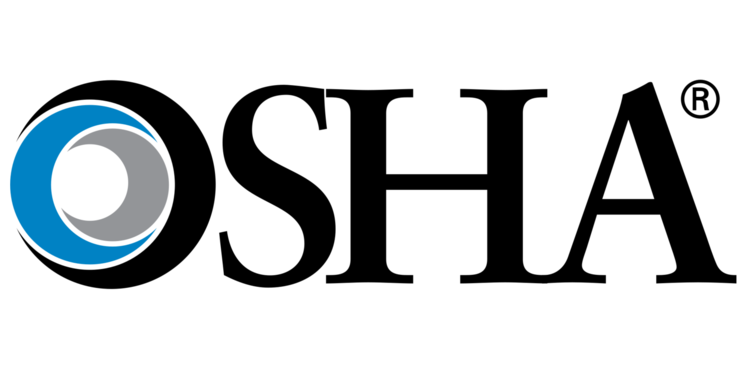
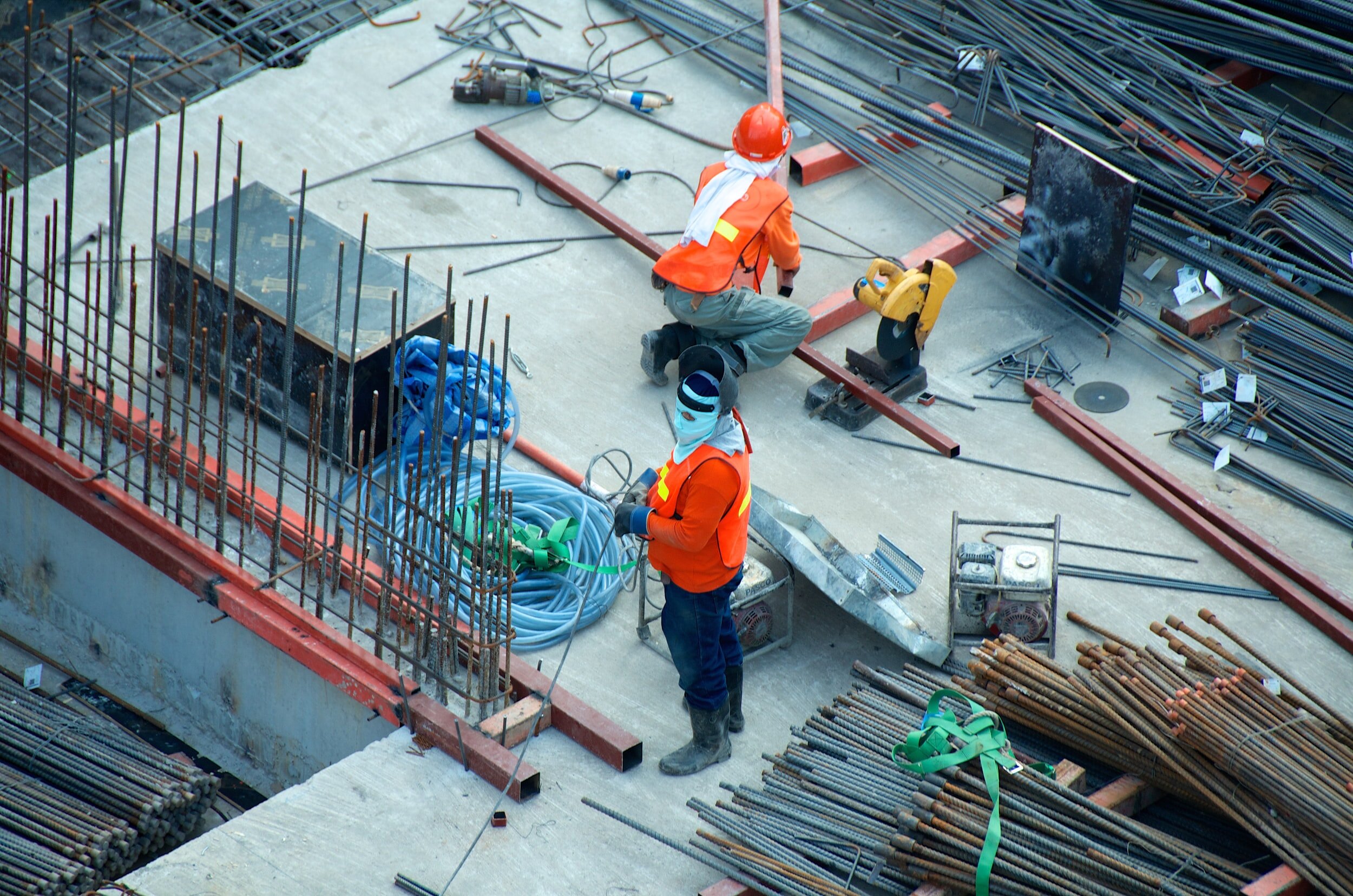
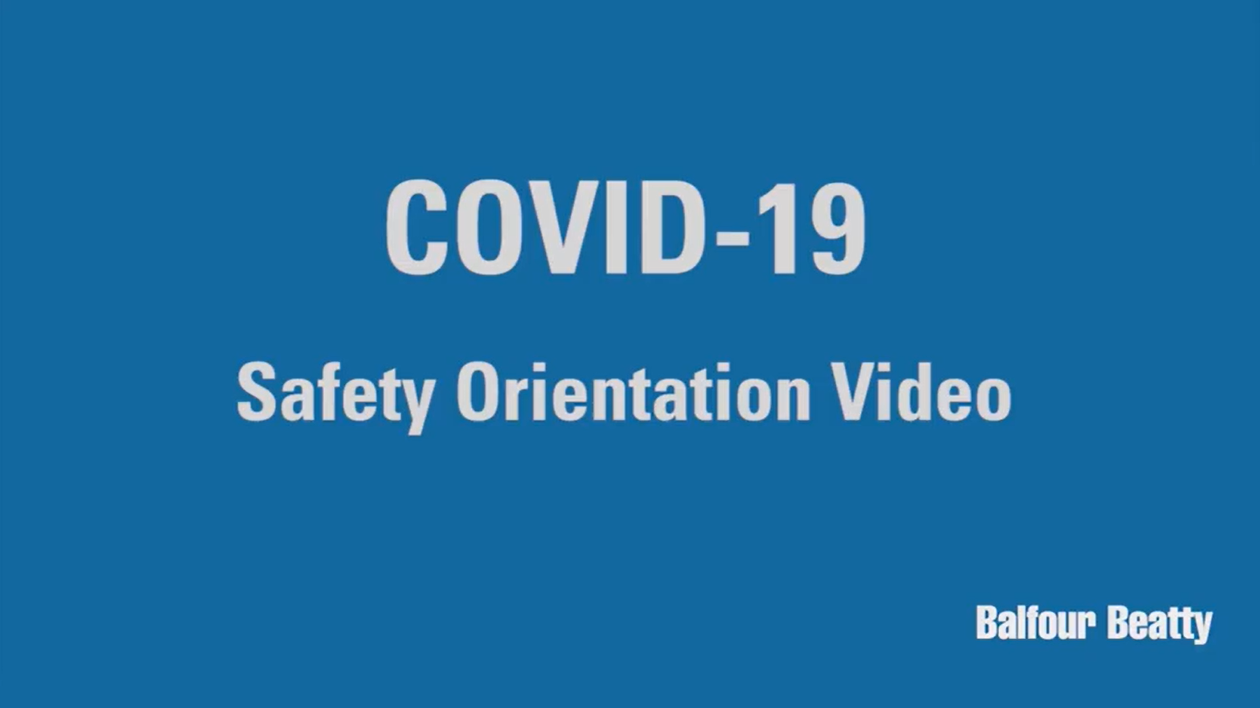


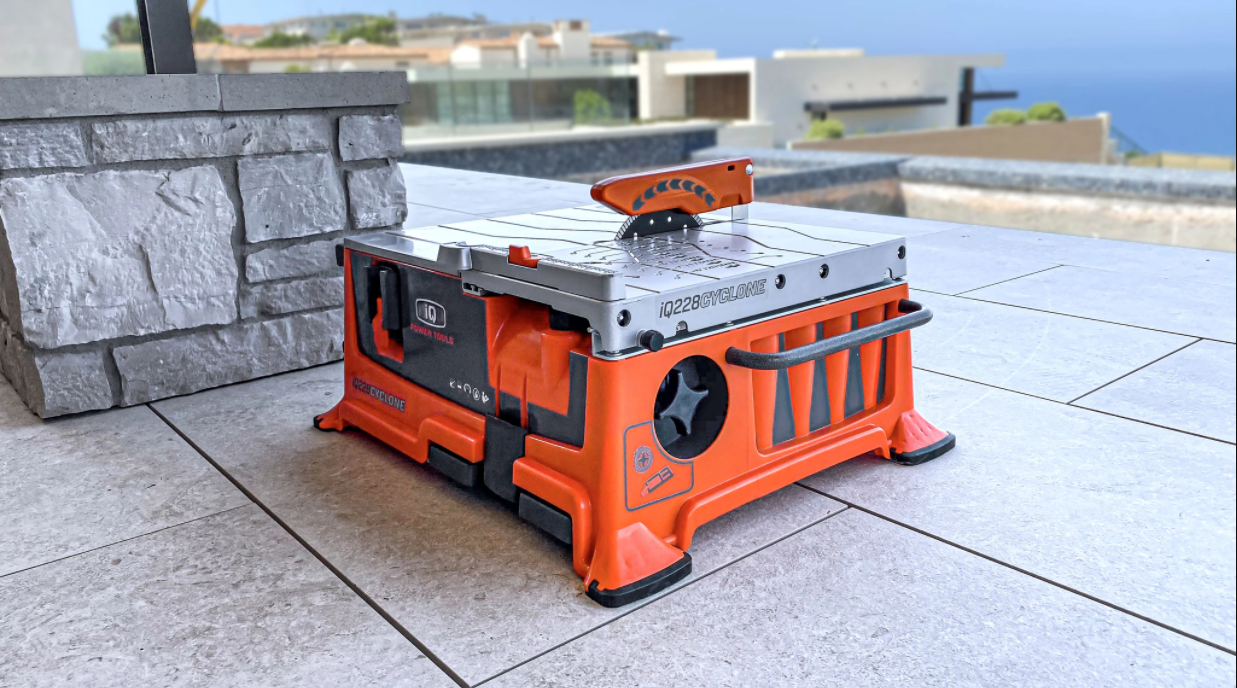

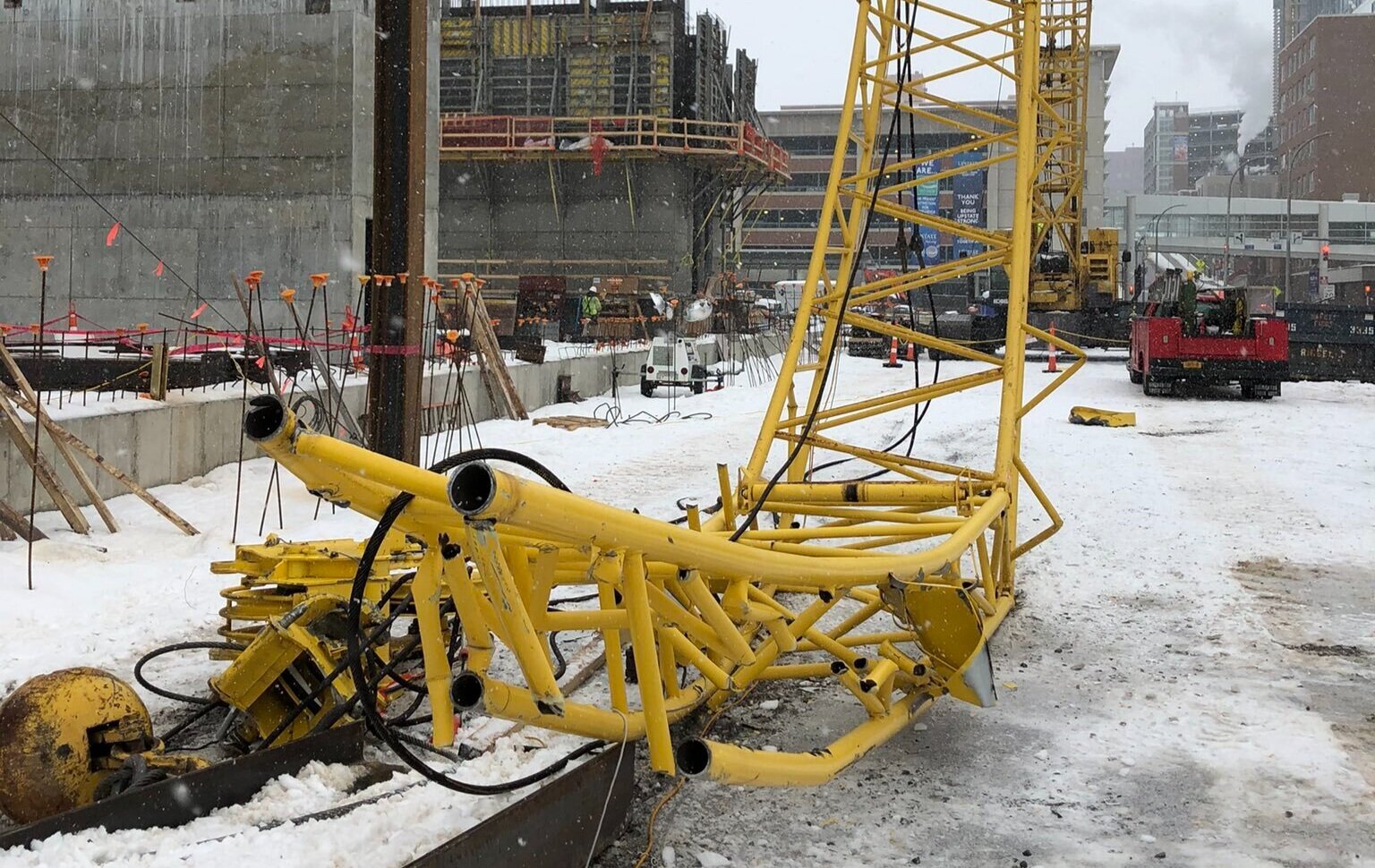


Last summer, Hilti announced that they had developed their first exoskeleton designed for construction tradespeople in a partnership with Ottobuck, a prosthetics, orthotics, and exoskeleton provider. Earlier this month, Hilti officially released the exoskeleton, announced more details, and published its retail price on their website.